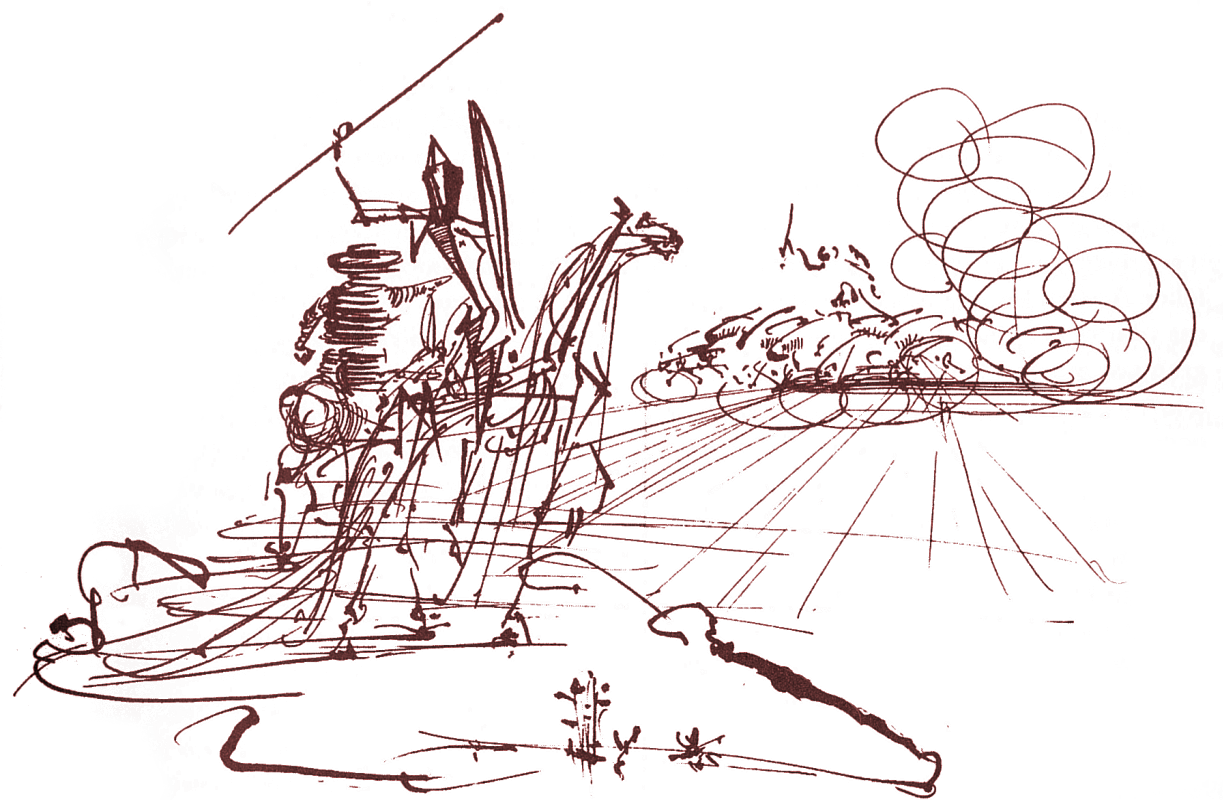"...let us imagine that we are hiding some Jews in our house in Germany during the Second World War. Early one morning some soldiers come to our door as part of a routine check and ask if we are housing any Jews. In response to this question we have three options:
- we regretfully say 'yes', acknowledging that we are held under a higher moral law which requires that we do not deceive
- we say 'no', judging that it is the lesser of two evils
- we say 'no' and feel happy we told the truth
In this example, most contemporary Christians in the west would, I suspect, choose (2) as closest to their own position. However, if we take truth to mean any act which positively transforms reality, rather than describes reality, then there is no problem acknowledging that, while denying there are Jews in the house is empirically incorrect, it is true in a religious sense precisely because it protects the innocent (as well as protecting the soldiers from committing a horrific act). I have been told that Christian writer Corrie ten Boom actually faced this situation and chose to say that there were Jews in the house. The soldiers thought she was joking and laughed. In response to this Corrie ten Boom also laughed, and the soldiers left. Yet, if this is a true rendering of what transpired, far from being a defense of (1), Corrie ten Boom's response is actually a perfect example of position (3), for if she was not being deceptive, then after they had all laughed, she would have said, 'No, honestly, there are Jews in my house.' To think that this action was not a lie is equivalent to a child who, after being told that she is not allowed out of the bedroom door all night, climbs out the window with the internal justification that this was not prohibited and this was not wrong."

